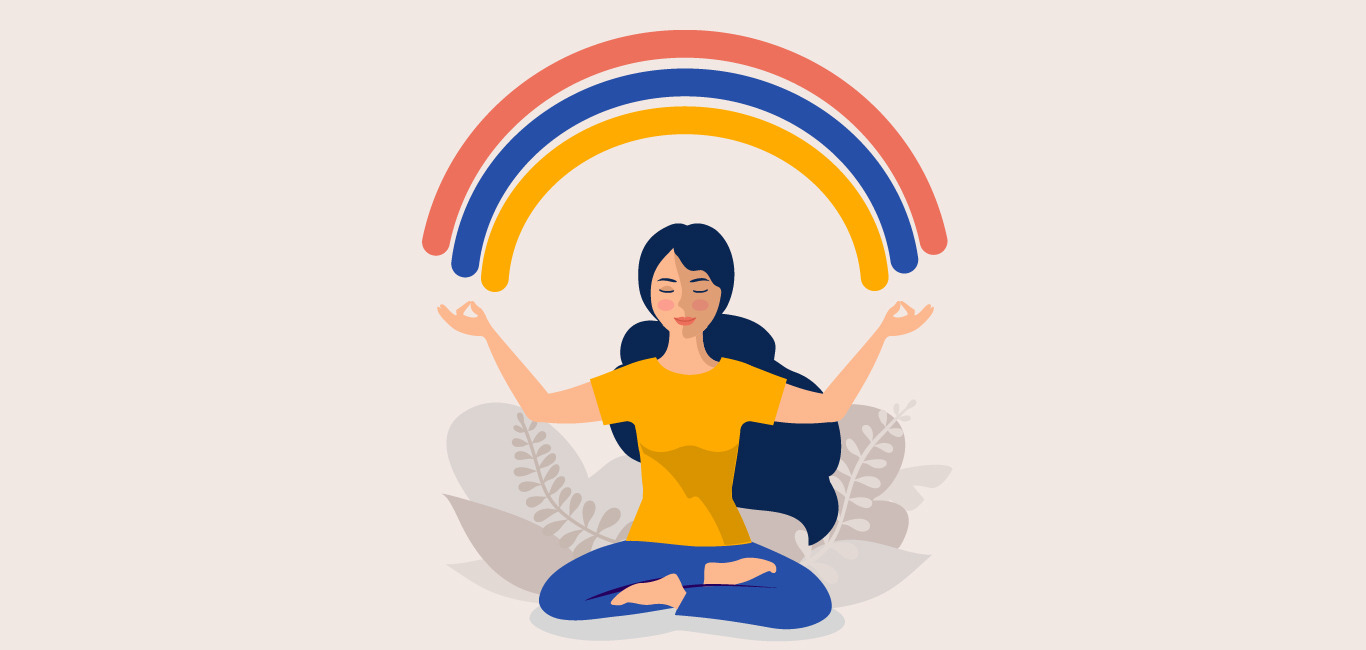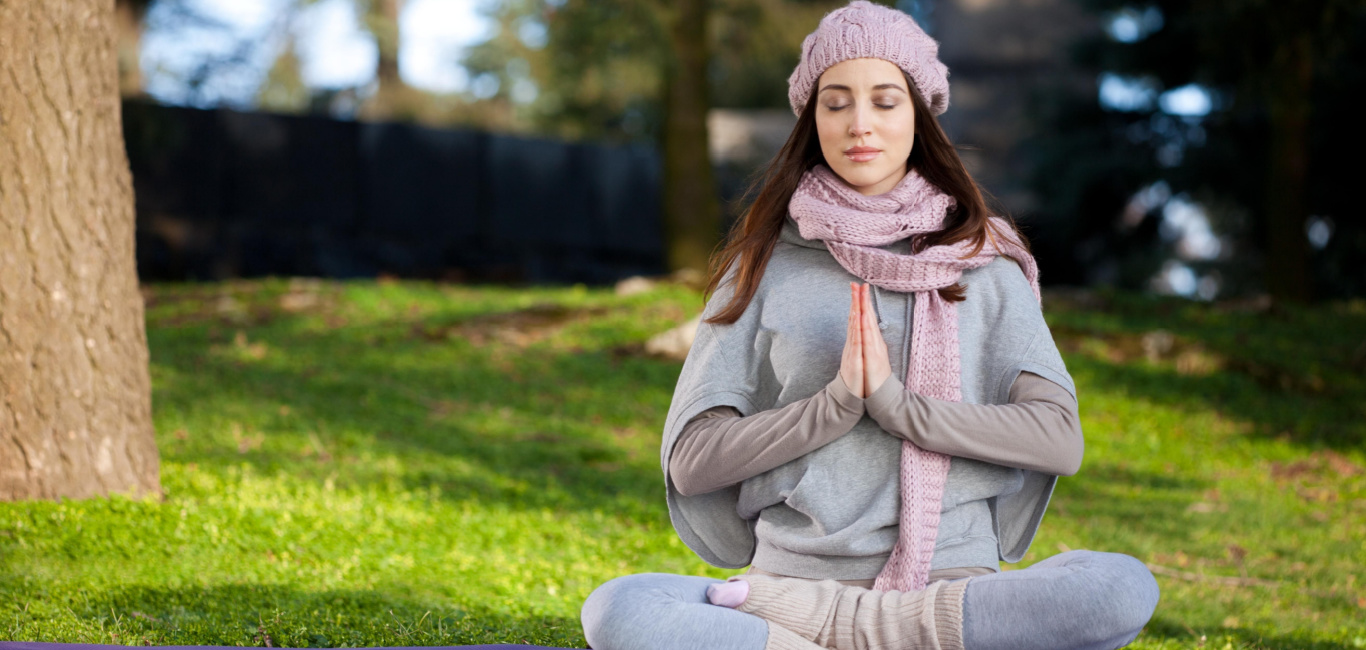
Do you find yourself going through conversations or instances from the past repeatedly? When you plan on sleeping do you find your head flooded with numerous, confusing thoughts? If you see yourself dwelling on ‘what if’ scenarios, there is a high chance you are an overthinker.
“Chronic overthinking is a common problem today and I have been dealing with this as well,” confesses Masima Mangenot, an NLP (neuro-linguistic programming) and transformational coach in Paris. Overthinking rings in the feeling of anxiety, fear, being overwhelmed, and feeling of exhaustion in her. Mangenot thinks that this issue should be addressed rather than swept under the rug.
When and how does overthinking become a problem?
Ritu Malhotra, a psychotherapist at Ajna Center for Learning in Pune says, “The problem is not the overthinking per se, but the lack of clarity to the thinking.” When thoughts are confused or scattered, they are based on an individual’s belief, not reality, she added. “And that is what causes stress.”
She calls overthinking mental diarrhoea, where there are excessive thoughts, and like stale food in the body, they need to be flushed out. “The body is a great indicator in many ways. Always reflect on the body to see how it is feeling. When the body is rejecting something that is harmful to it, we need to get rid of it, which in this case are our thoughts,” she adds.
Can yoga and meditative practices help?
Research has found that yoga and meditative practices can help increase mindfulness and decrease stress and anxiety levels. Mindfulness helps us to be in the present and does not allow our minds to wander off to thoughts that cause ‘mental diarrhoea’.
“What is the point of focusing on your breath? It stops us from thinking. When we are sad, we are usually in the past. The mind creates and recreates those sad moments, and we think about them over and over again. When we are going through anxiety, most often we are in the future. We are imagining what could happen. The biggest culprit of this overthinking is the ‘what ifs’ we go through. It’s an analysis, and analysis can be paralysis, too,” Malhotra explains.
Some techniques to help a chronic overthinker as suggested by Mangenot
- Focus on your breath: In meditation it is very important to only focus on your breath, on your inhalation and exhalation, without music or any other sound. If you add some kind of technique or music, you may get distracted and get into overthinking again. Apps like Headspace may help.
- Try hatha yoga: I recommend practices that are more stable like hatha yoga rather than vinyasa because the latter has fast movements. It does allow the mind to slow down, as you have to follow the movements.
- Nadi Shodhana Pranayama (alternate nostril breathing): This is highly recommended, where we start off by closing our right nostril, inhaling through the left. Holding the breath, we close the left nostril, opening the right and exhaling through it very slowly. And then we repeat the same from the right nostril and do this cycle a few times. It replenishes the brain and body with oxygen. This helps to clean up the mind because it requires a lot of concentration.
- Practice and consistency: Changes do not come in a few weeks or months but with practice and consistency. It takes 21 days to develop a habit and 90 days to change that habit into a lifestyle. Even if you allot 20 minutes per day, that will be enough to help with your whole day and eventually your whole life. Consistency is very important. An app called Playbook may help.
Some other practices that can help with mindfulness as suggested by Malhotra
- Journal writing: Write down your thoughts. It helps us see how inane our thoughts are. As we write them down, we de-stress the mind.
- Set a time for the worry: You can decide to worry about that one thing for a particular time. This way the mind gets a message that this is enough, after this I am not going to think about it.
- Flashlight between your eyes: This is very beneficial and is a neurological exercise by itself. Take a small flashlight or pen light and shine it in between your eyebrows, where the ‘third eye’ is, about an inch away from the body. For one minute at a time, shine this flashlight. It works on your pineal gland, the gland where perception comes from. This gland is only light sensitive, so when we shine a light onto it, we energise the gland. This gland is also responsible for all the hormonal balance in the body.

















